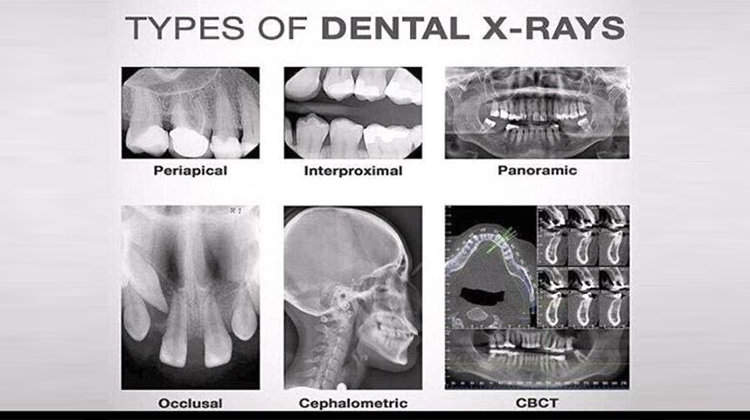Normanhurst NSW 2076, Australia
After hours (Available by Appointment)

Dental X-rays are an essential part of diagnosing dental problems and are important to maintaining overall dental health. They use radiation to allow the dentist to capture an image of the insides of your teeth and gums.
Dental x-rays are done because they allow for a more effective diagnosis of a patient. When concerning the health of your teeth, a lot more can go on than what we see at the surface level. The comprehensive overview of your teeth deeper than just the enamel that an X-ray offers can allow your dentist to determine the magnitude of an infection or other problem. This means that they can then decide what needs to be done to treat it effectively!
X-ray’s can detect a range of dental problems such as
X-rays are also done as a preventative measure. Tooth decay and infections can almost be invisible during their early stages. For example, a problem around the roots may only become known when it starts to cause pain or is a significant problem, which obviously nobody wants. Finding these problems early on an X-ray will allow your dentist to deal with it before the problem escalates.
Everyone! Dental X-rays are essential as they allow your dentist to properly diagnose dental health problems.
Dental X-rays are usually performed in the office of a dental practitioner. A heavy lead apron will be placed over you in order to protect you from radiation. A small plastic bite will then be inserted into your mouth, holding the X-ray film steady. Then the X-ray will be taken in a silent, pain free process!
There are two main types of X-rays, that being intraoral and extraoral. With intraoral x-rays the film is inside the mouth while with extraoral x-rays the film is on the outside.
A) Intraoral X-rays are more common and give a high level of detail that allows the dentist to:
The subcategories of intraoral x-rays are:
1. Bite-wing x-rays
These focus on the crowns of the back upper and lower molars and the teeth in front of them. These x-rays help dentists find decay between the teeth.
2. Periapical X-rays
These only focus on one or two teeth at a time. They show the entire length of each tooth.
3. Occlusal X-rays
These are mainly used in children to show tooth development and placement. They show nearly the full arch of teeth in either the upper of lower jaw.
B) Extraoral radiographs are much less detailed than intraoral x-rays and are used to
-Track development
-Examine the relationship between teeth and the haw
-Examine the bones of the face
Subcategories of extraoral x-rays include:
1. Panoramic x-rays
These show the entire mouth and include all teeth on both upper and lower jaws. These x-rays require a special machine that circles the head.
2. CT
These x-rays provide three dimensional images through a machine that rotates around your head. They are useful for selecting dental implants and their placement.
The cost of dental x-rays are usually included in the general cost of a check-up. However, they cost around $90 for 2 x-rays.
While the frequency of x-rays required varies from patient to patient based on their dental health, they are generally done at least once a year.
You may be required to undergo more frequent dental x-rays depending on these factors:
Children may need more frequent x-rays as their teeth and jaws are still developing and are more likely to be affected by decay.
While the fact that dental x-rays involve radiation may concern some parents and those soon-to-be, the levels of exposed radiation are so low that they are considered safe for virtually everyone. This is because current technology ensures that the X-rays are all focused towards your mouth and any unnecessary radiation is eliminated.
For pregnant women, X-rays can still be performed but be sure to tell the doctor that you are in fact pregnant. They can then fit you with a leaded apron and thyroid collar which will protect your foetus from any radiation.
For any other queries contact us at www.normanhurstdental.com.au or call us on 02-99898565